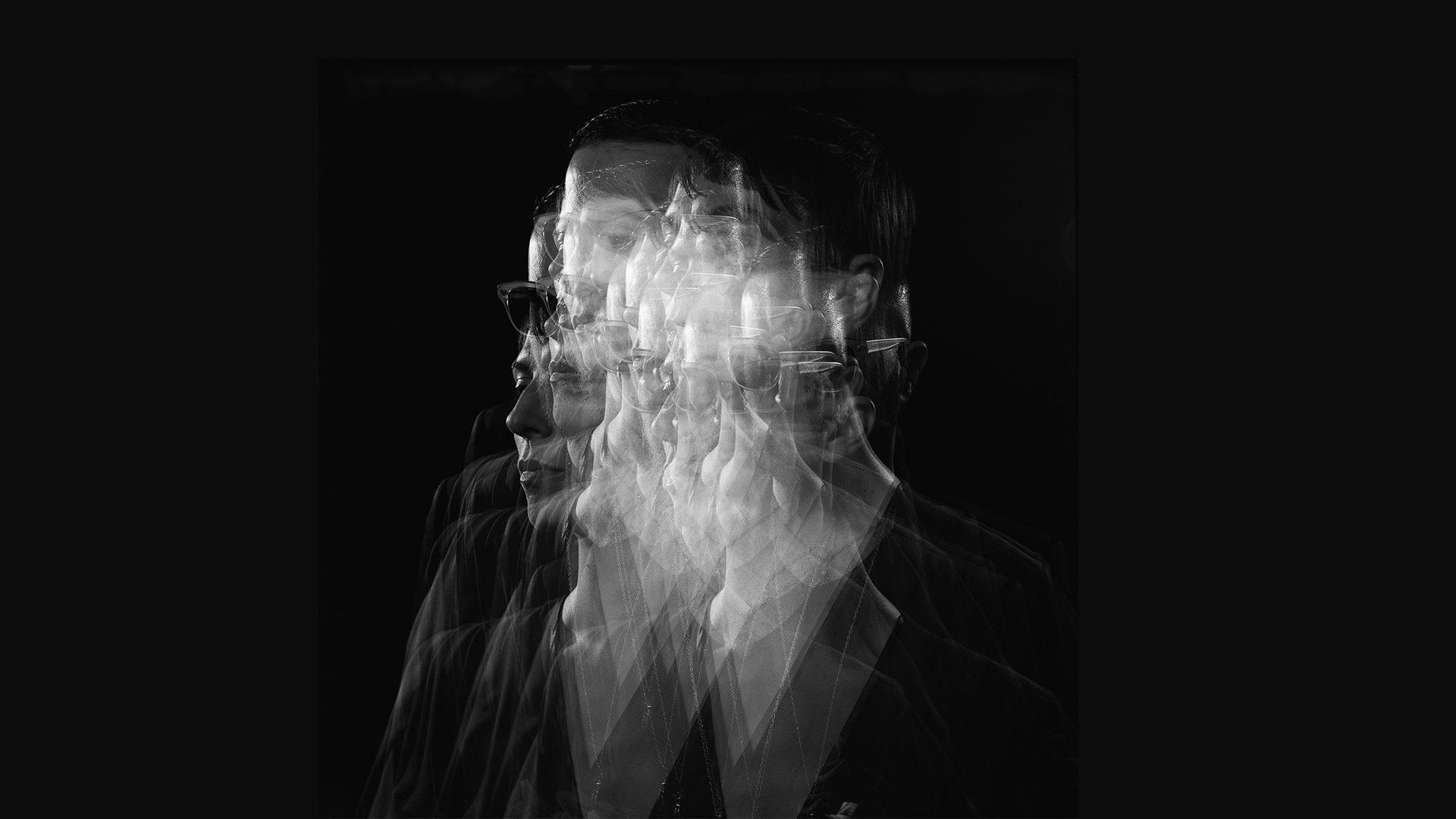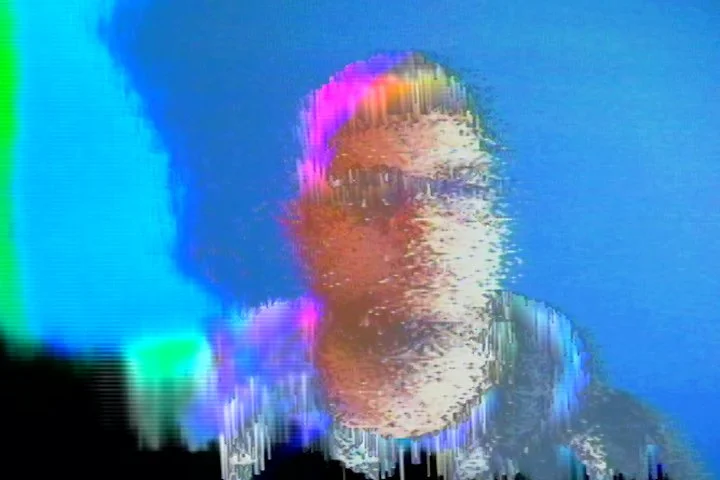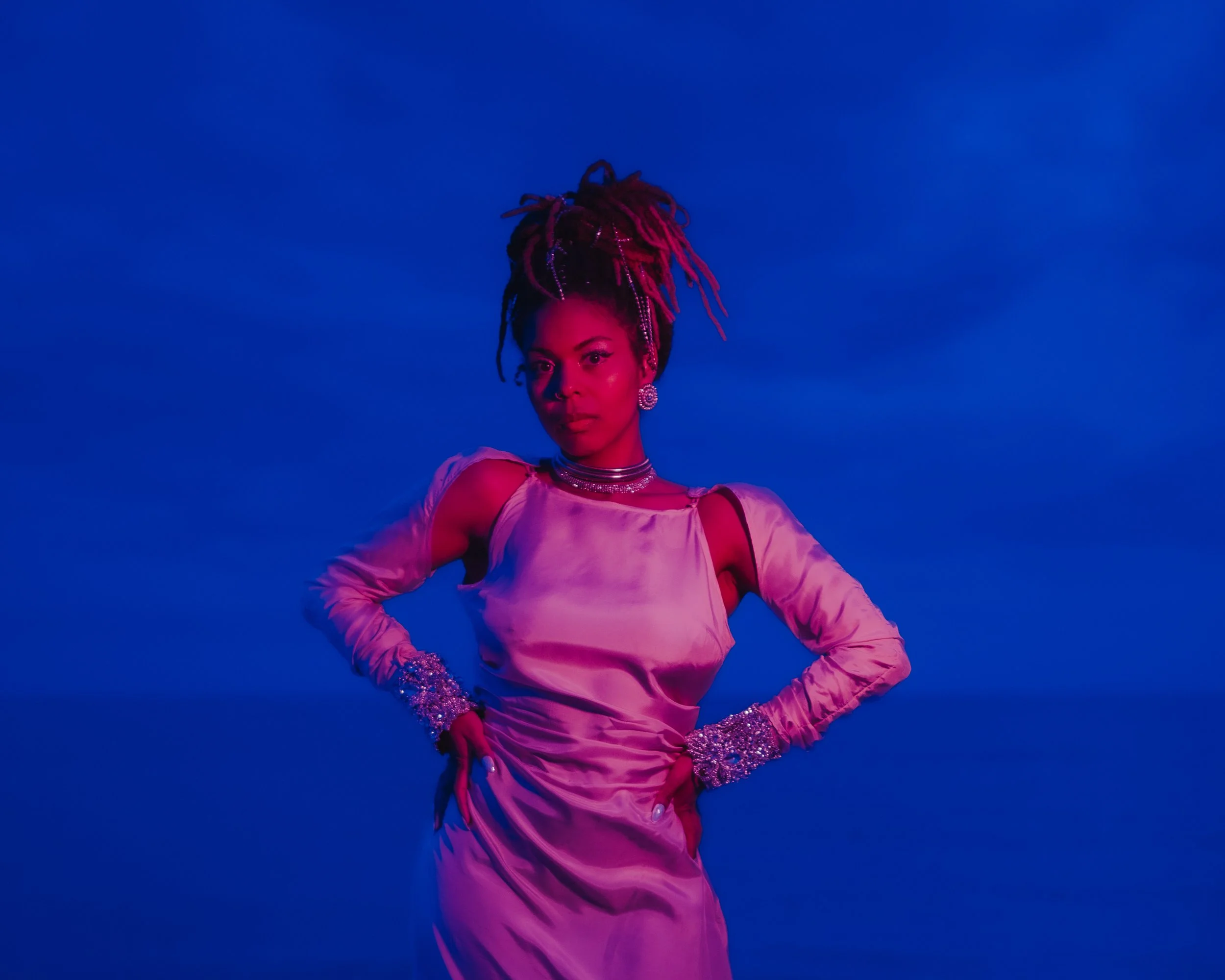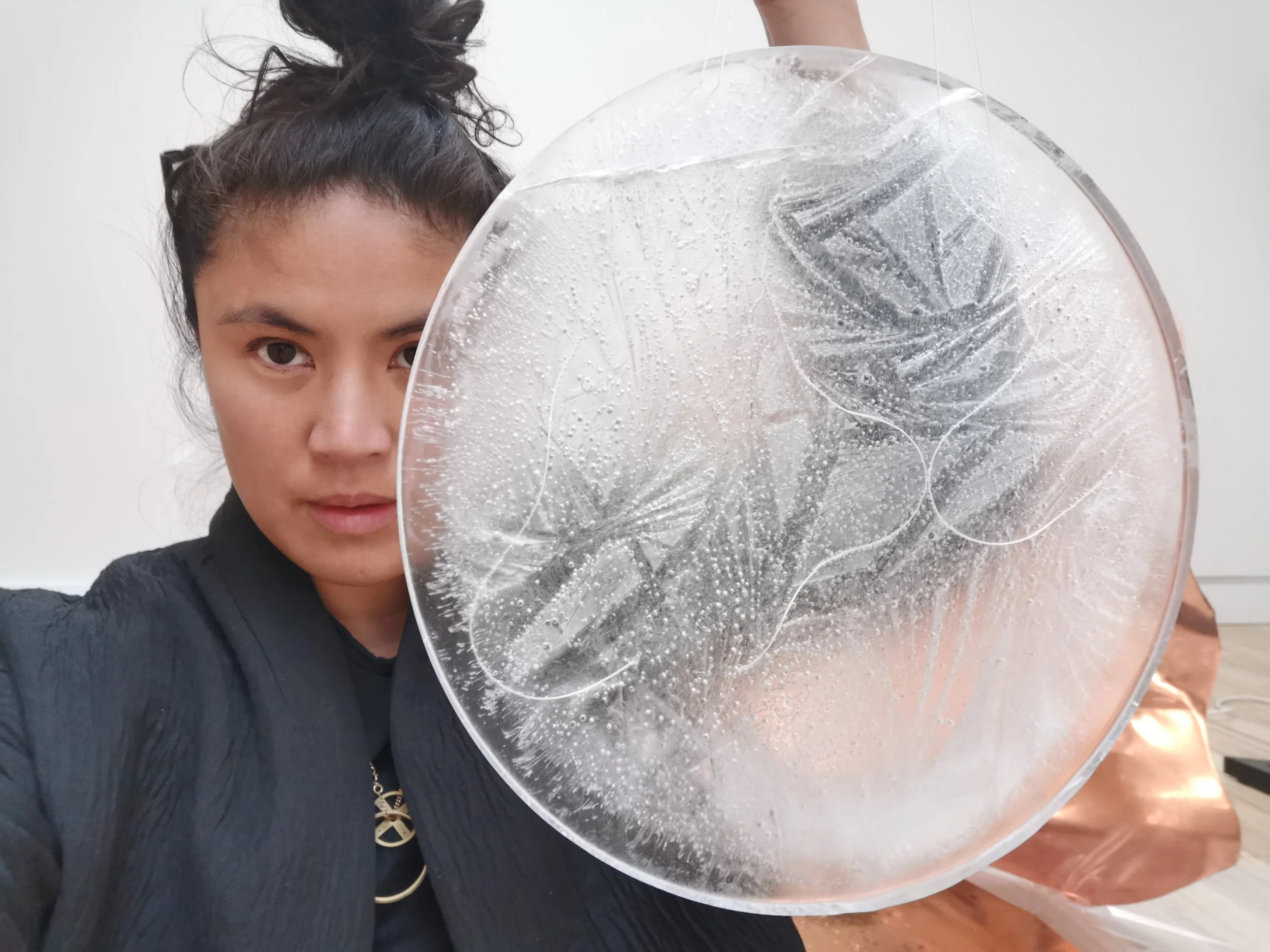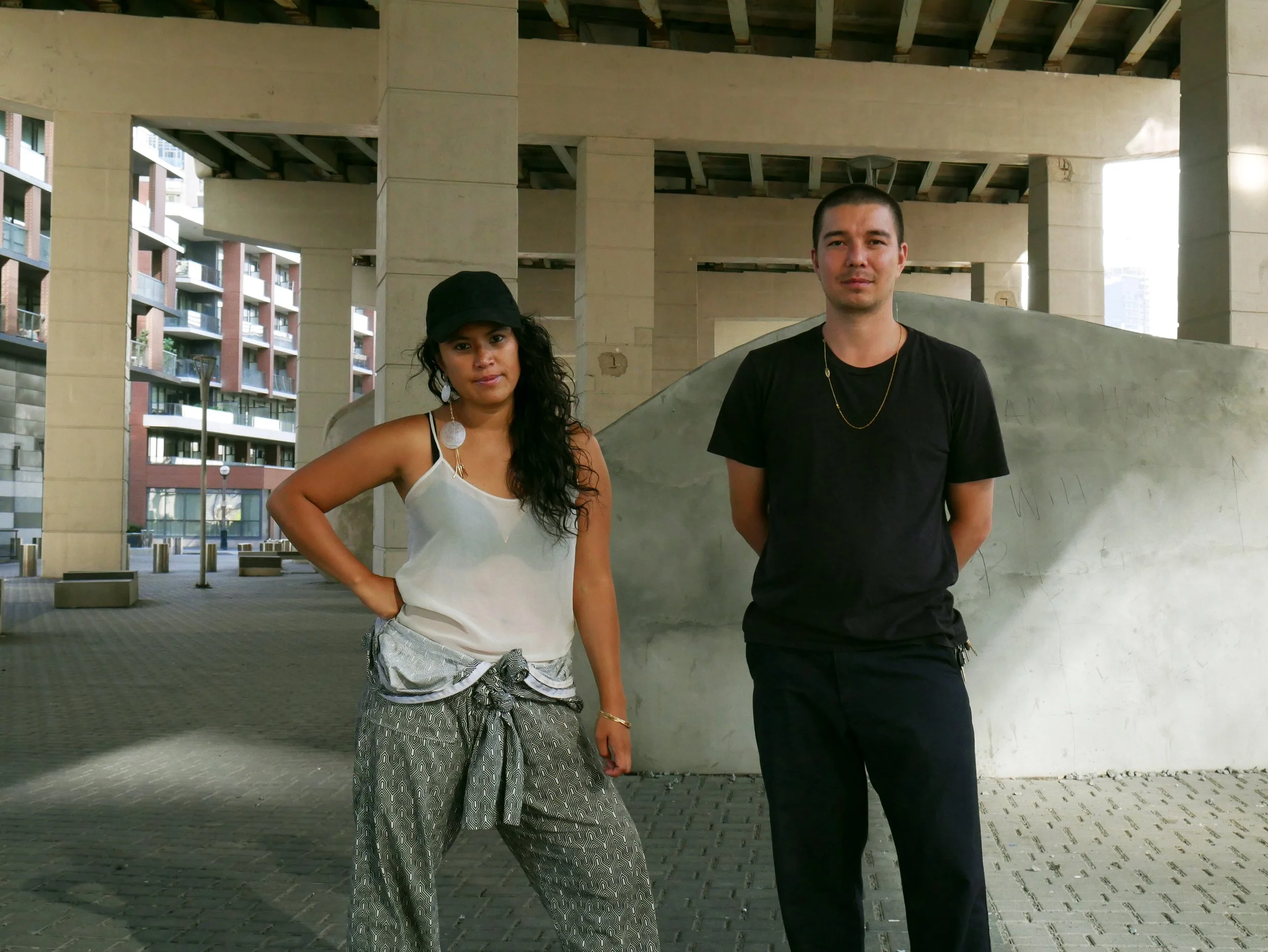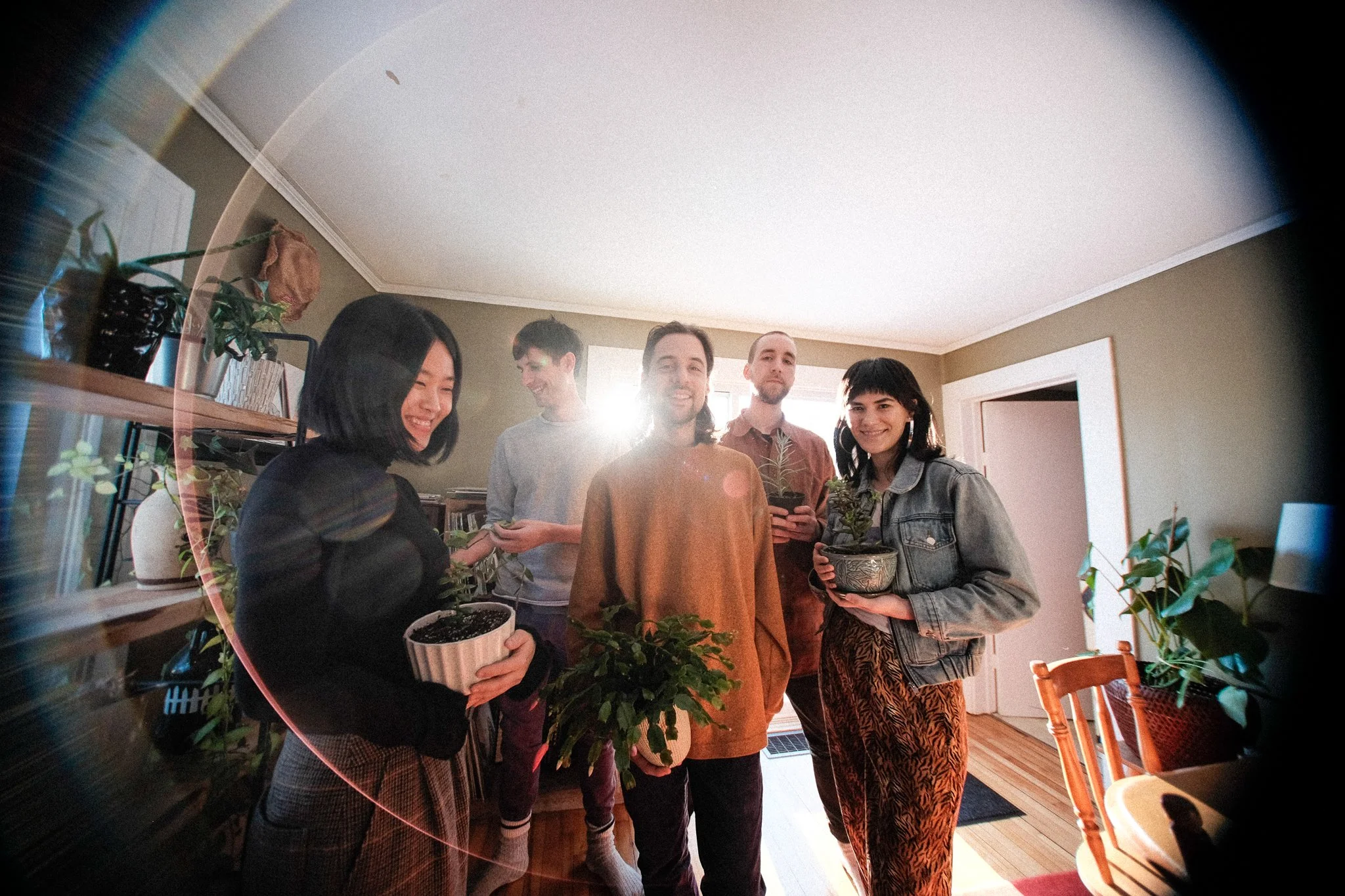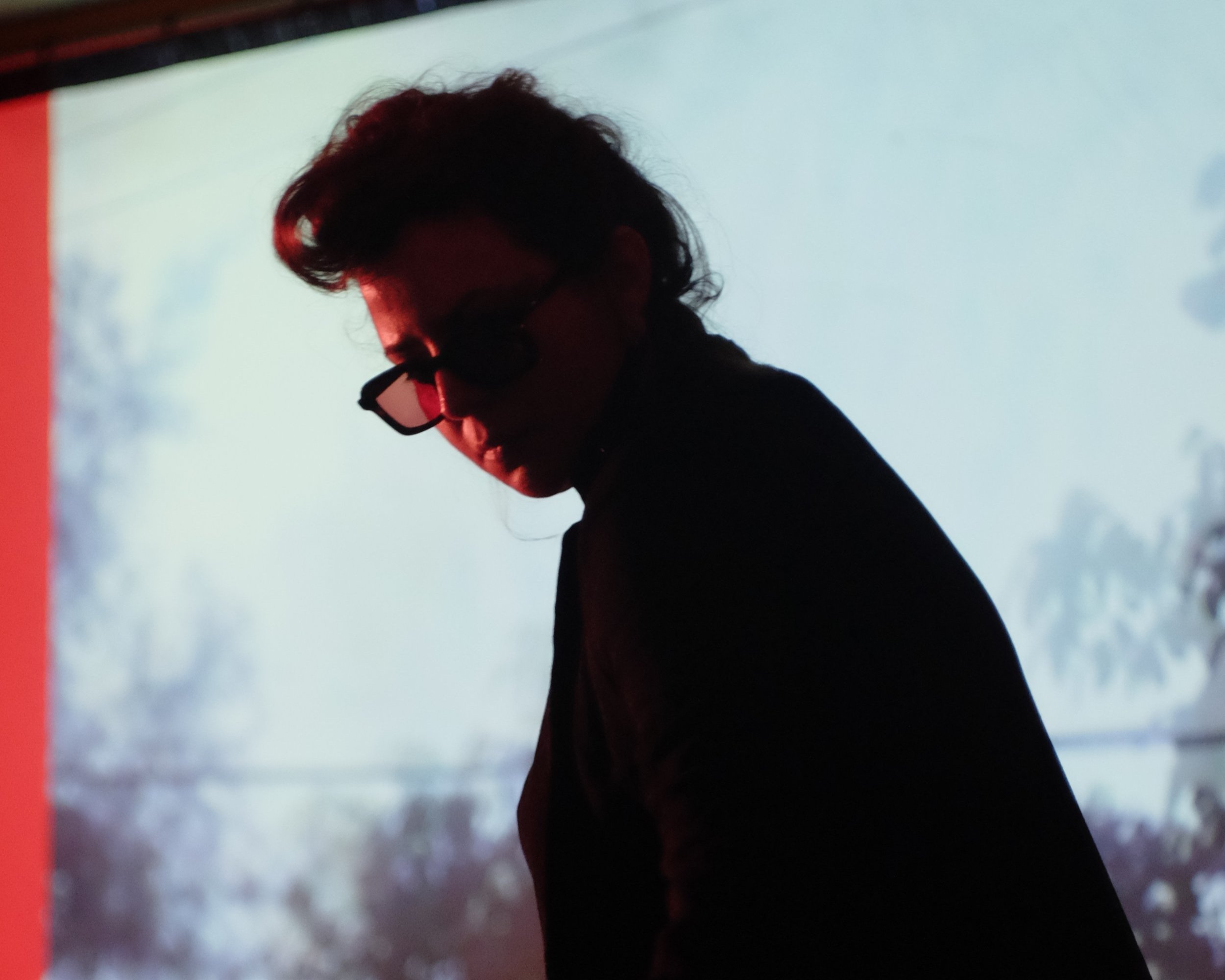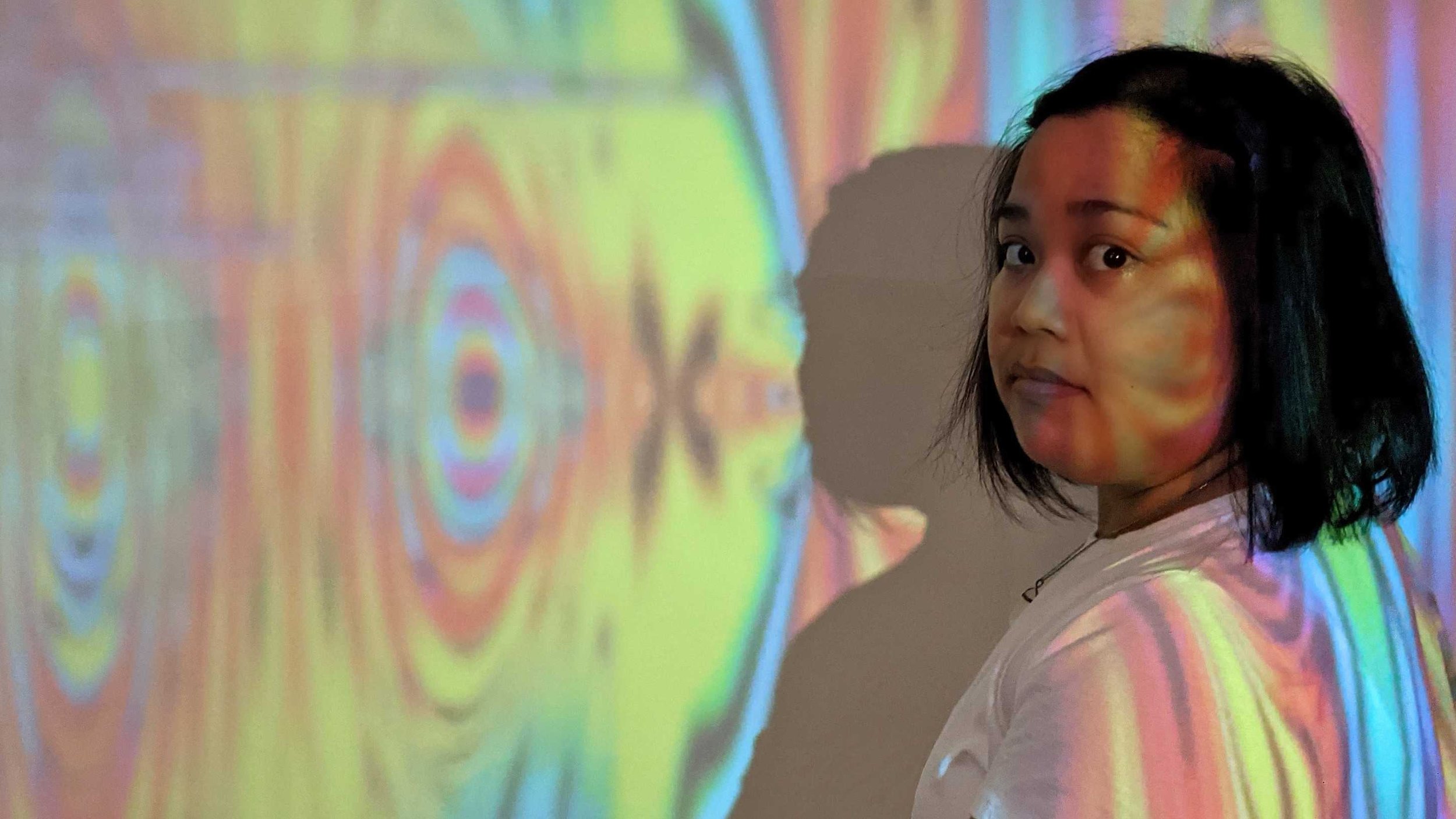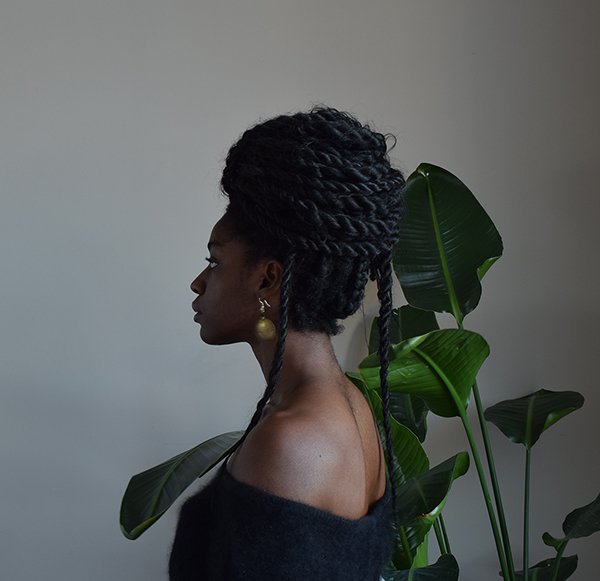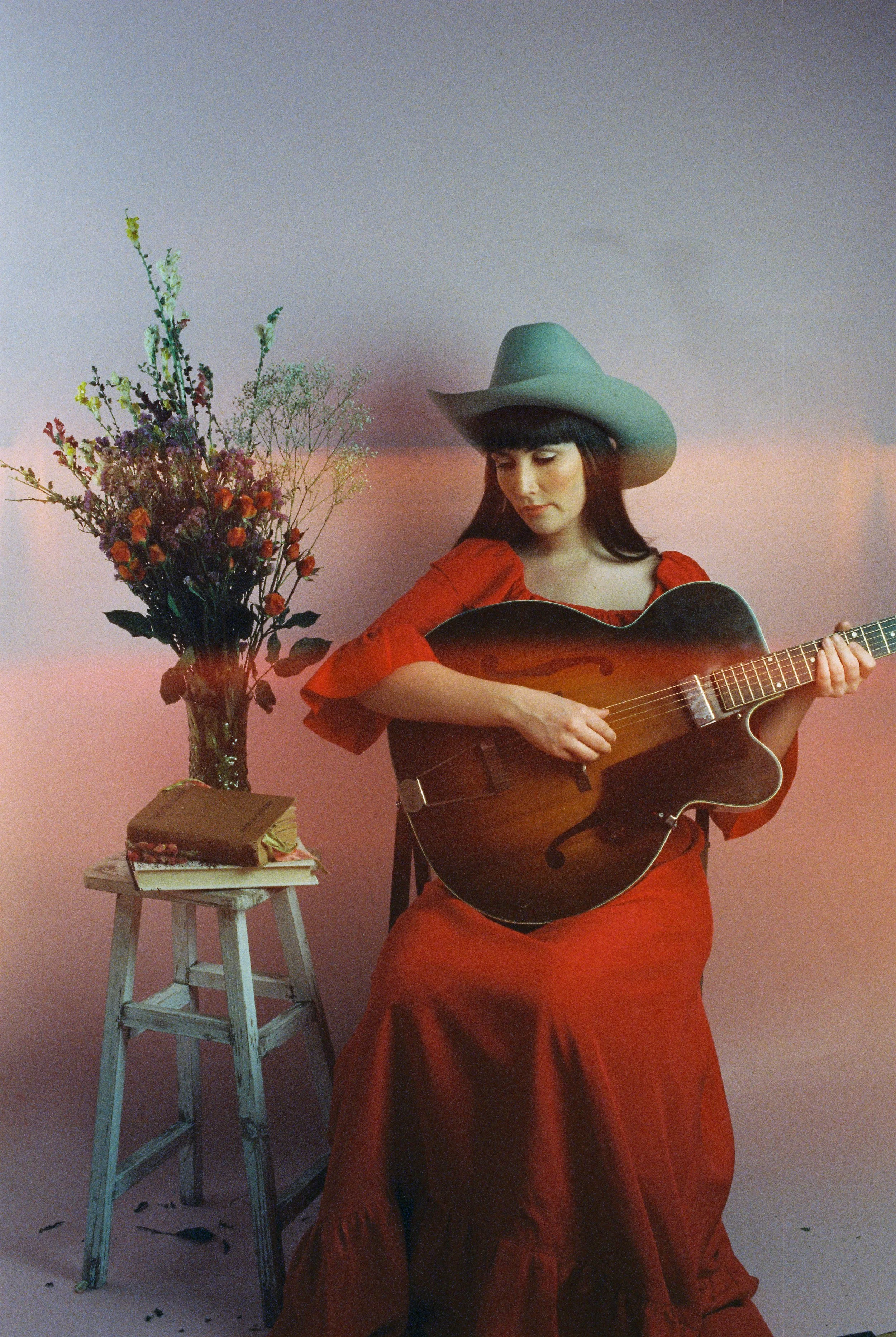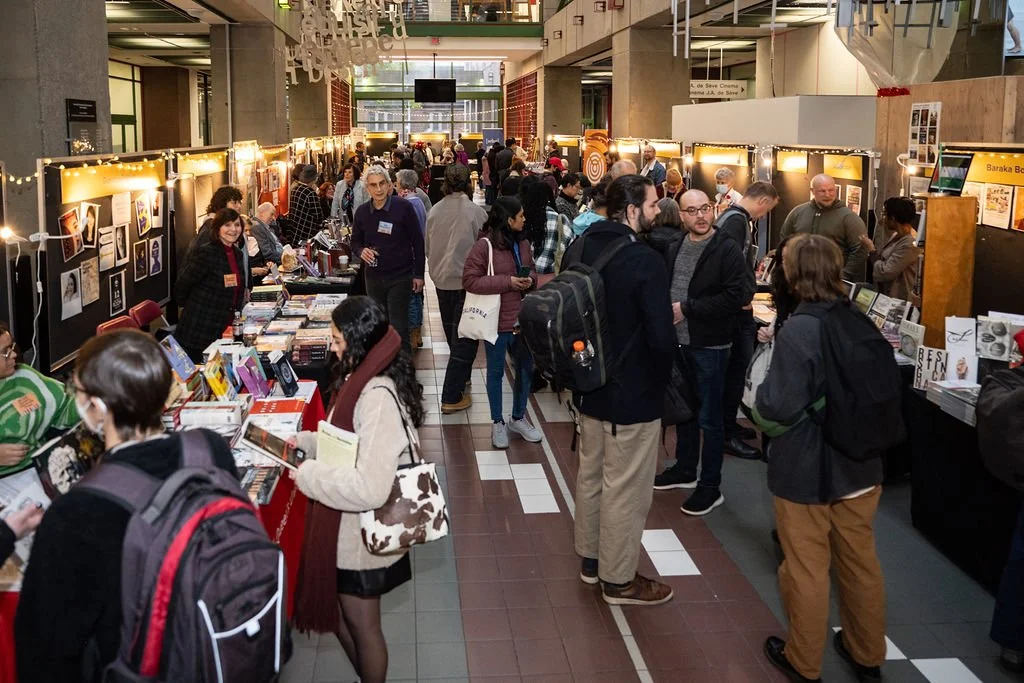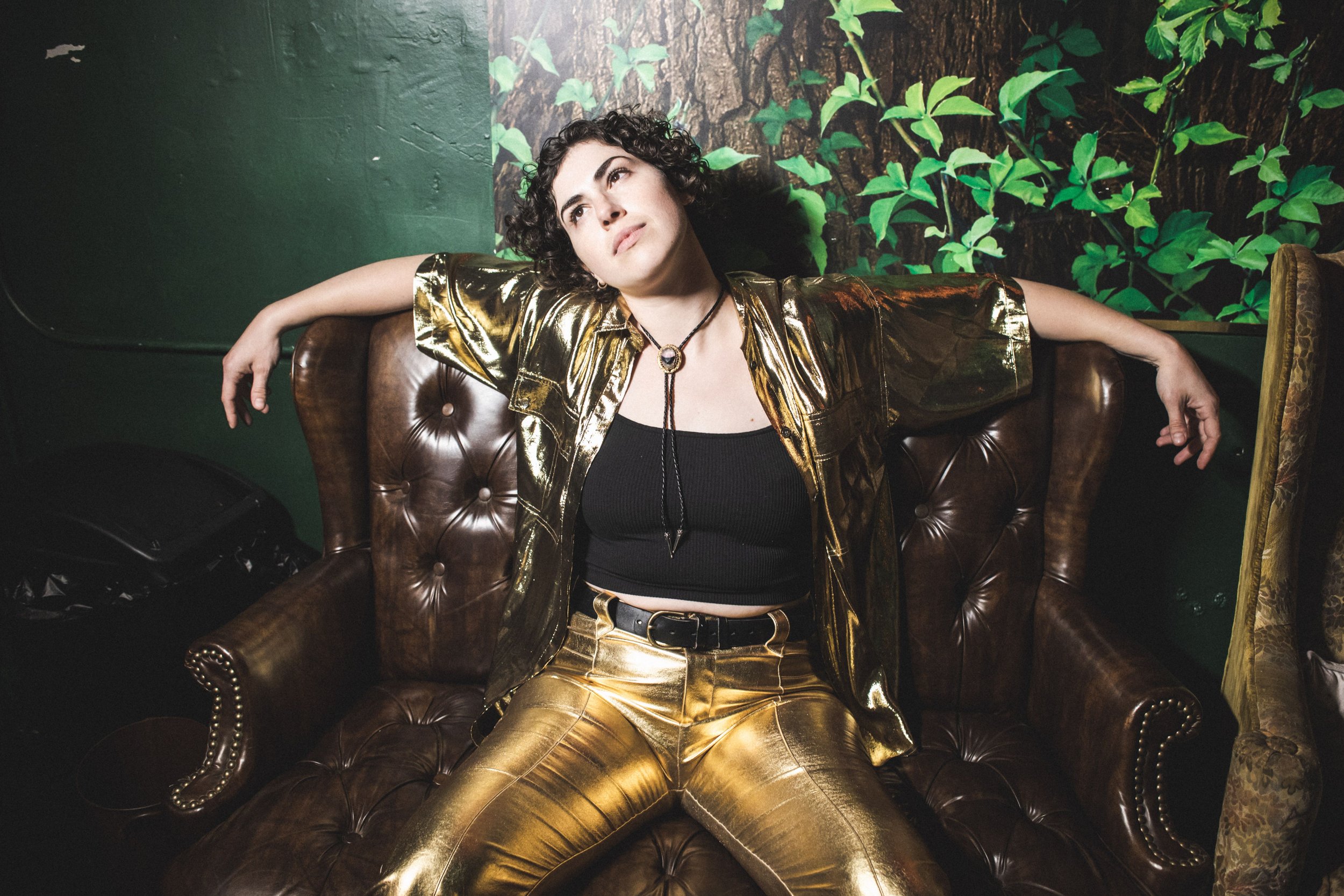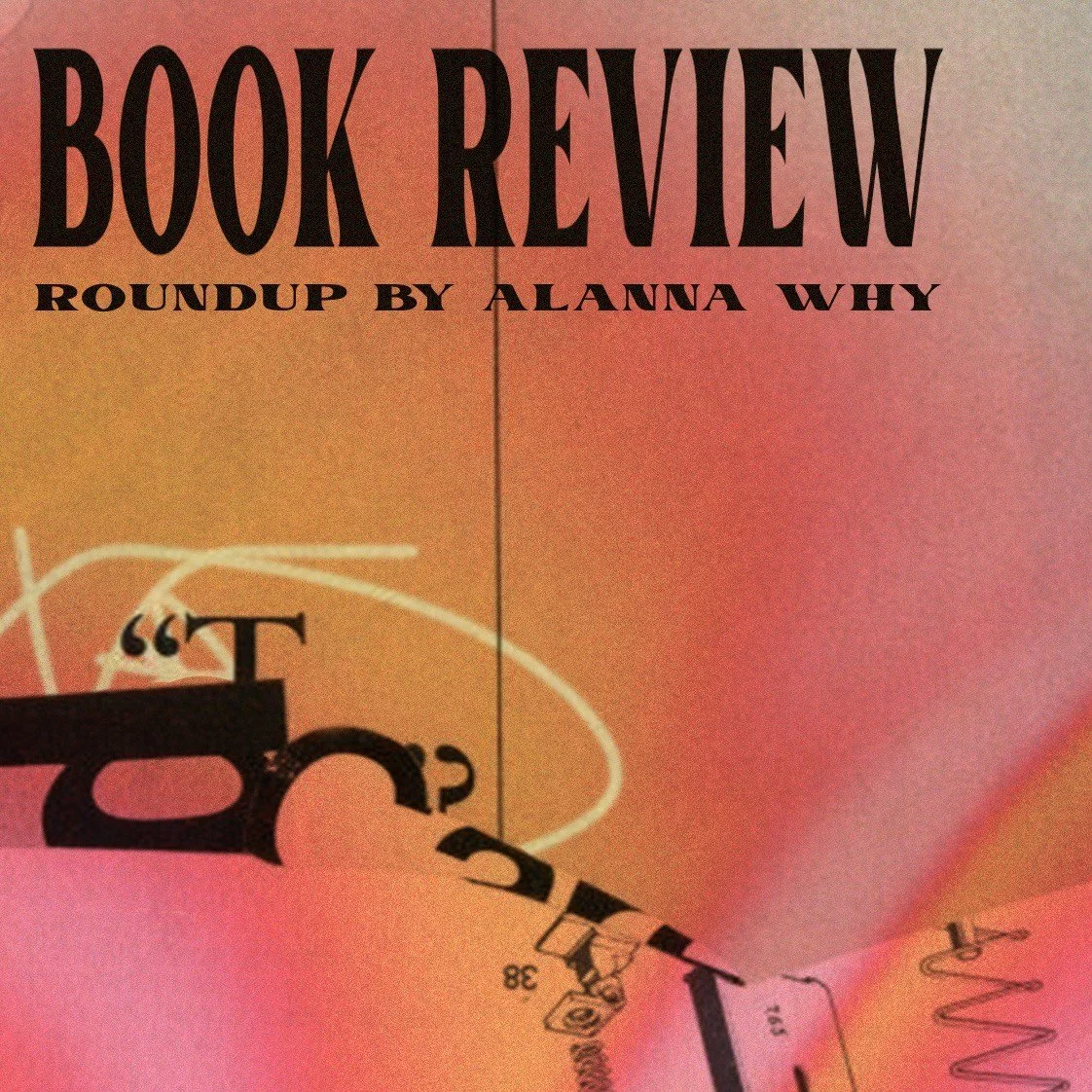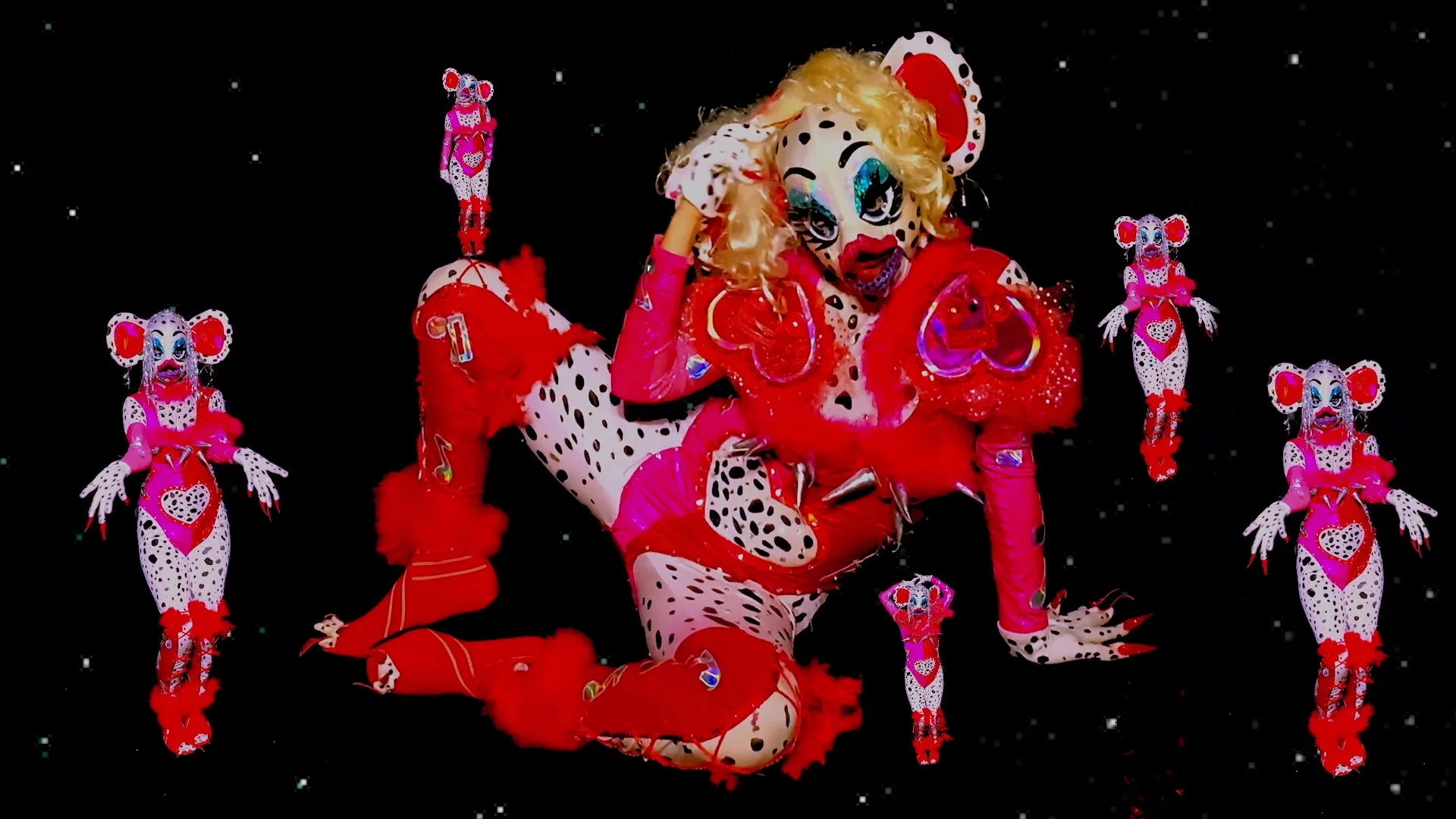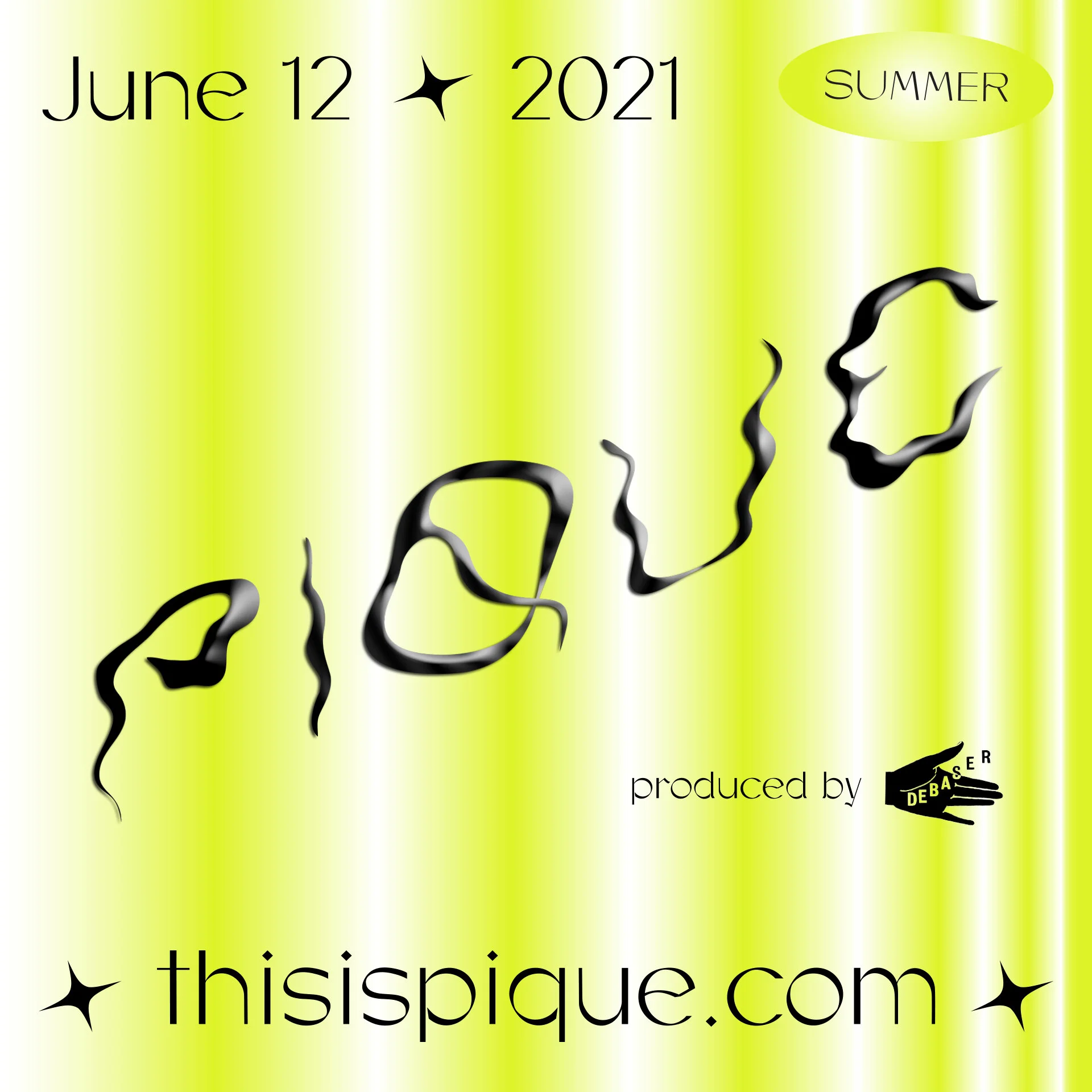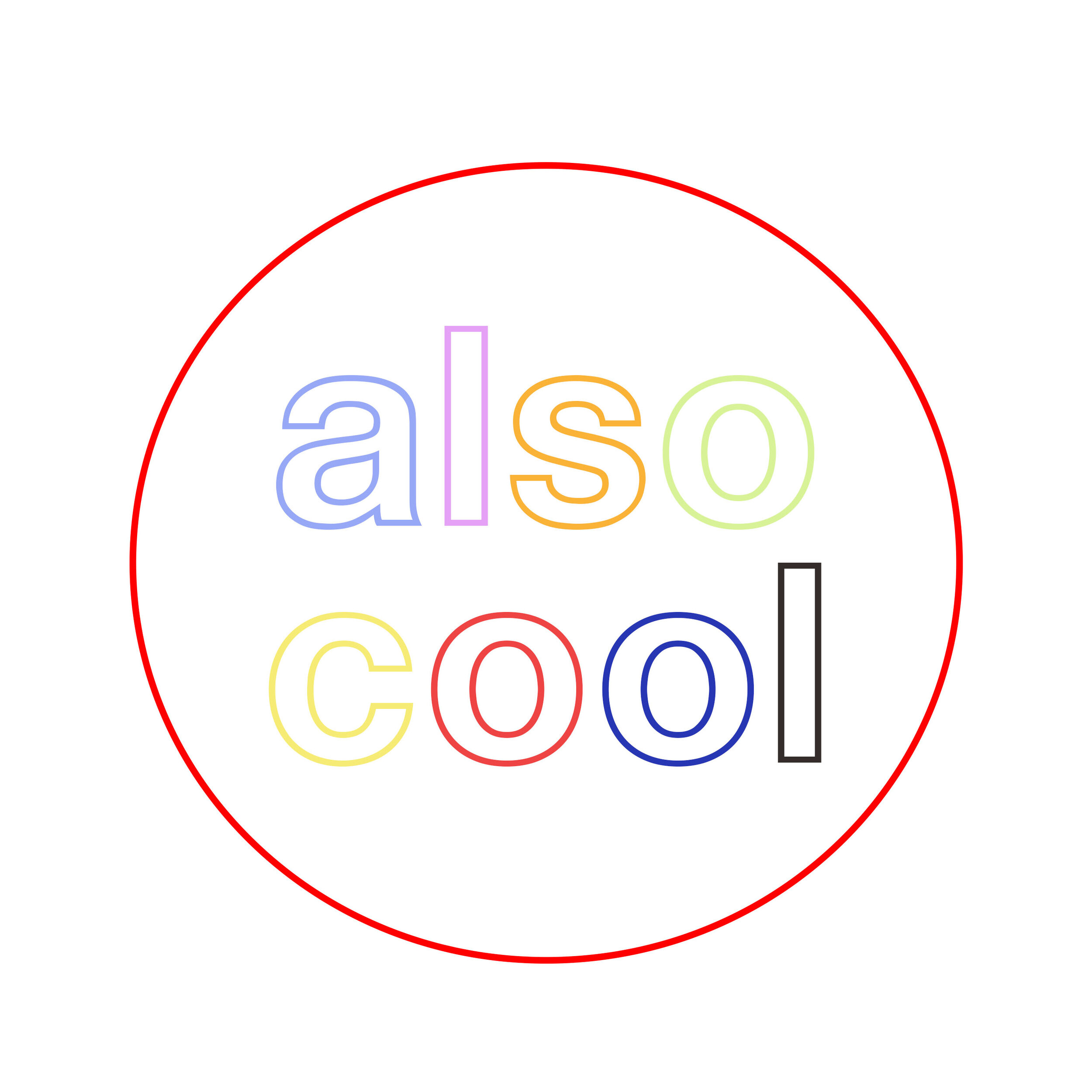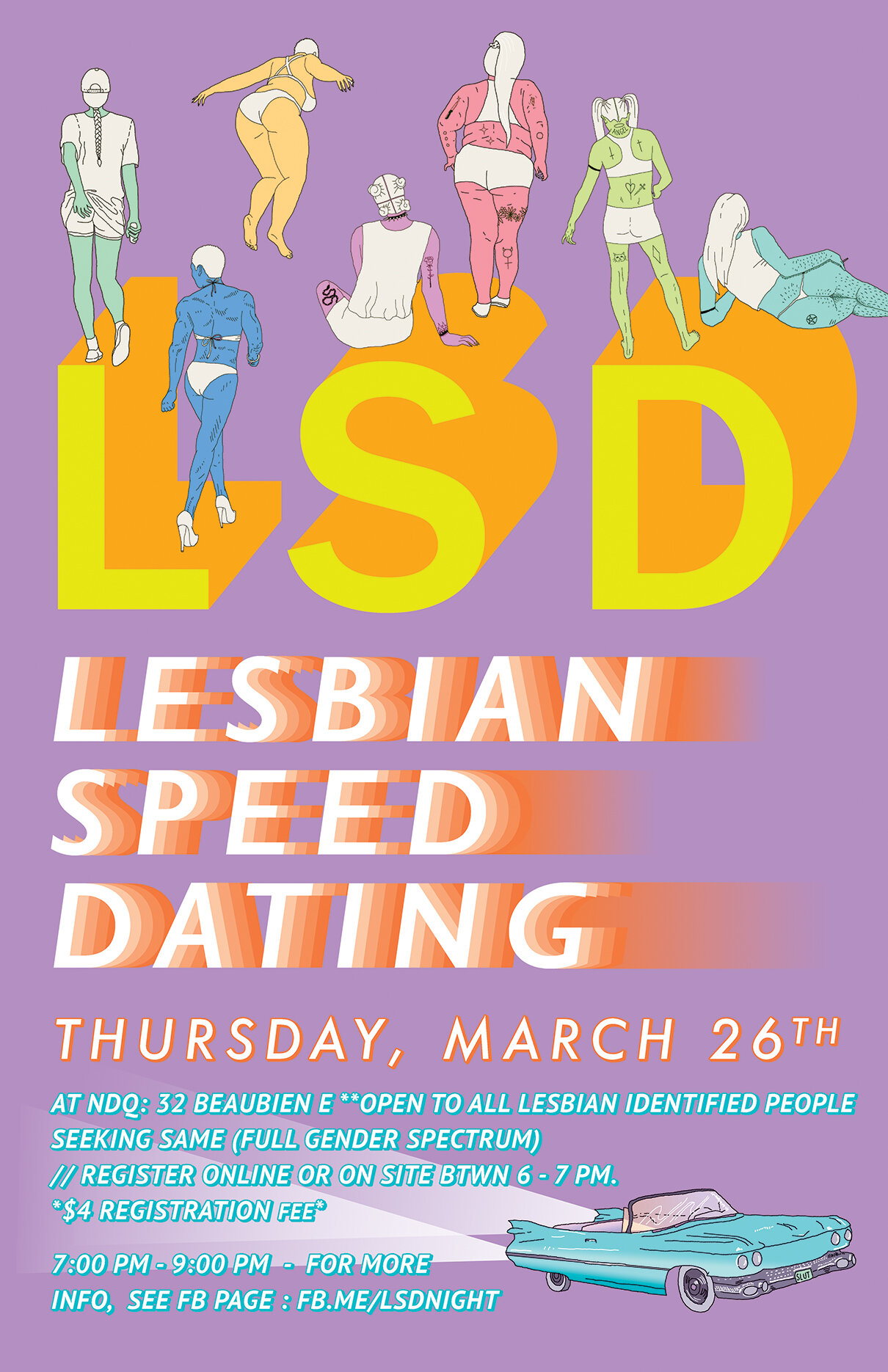Debaser's PIQUE Returns for a Winter Edition at Arts Court and Ottawa Art Gallery
PIQUE poster by @mouthoftiger, original wordmark typeface created by Moritz Esch
Here to heat up December’s frost is PIQUE – back once again at Arts Court and the Ottawa Art Gallery.
The winter edition of PIQUE, a forward-thinking artist-driven music and multimedia arts event series produced by Debaser, offers live performances, in-person and online screenings, movement, installations and performance art. The multi-level building-wide arts event and digital program takes place December 4th, 2021 in-person in and around the Arts Court and Ottawa Art Gallery.
PIQUE’s third edition will feature live music performances and DJ sets, sound art installations, an in-person and online screening program of audio-visual works curated by cross-country co-presenters, performance art and original movement. PIQUE is produced by Debaser, Ottawa’s leading independent and underground music presenter.
PIQUE poster by @mouthoftiger, original wordmark typeface created by Moritz Esch
PIQUE is experimental in form and content. Its third edition features:
Photo courtesy of Debaser
Immersive sonic and visual live experience with Jerusalem in my Heart; a forging of modern experimental Arabic music wed to hand-made visuals using analog 16mm film
Photo courtesy of Ayla Hibri
Live performance by experimental Egyptian vocalist, producer and sound artist Nadah El Shazly, with visuals by Pansee Atta (visuals curated by Amin Alsaden)
Photo courtesy of Paddington Scott
Photo courtesy of Debaser
Live modular synth performance by Tkarón:to-via-Seoul based producer and DJ Korea Town Acid, with visuals by local psychedelic analog artist Hard Science
Photo courtesy of Debaser
Live performance by Tkarón:to-based psychedelic rock band Mother Tongues
Photo courtesy of Debaser
Live performance by Tkarón:to-based queer Black electronic producer & singer-songwriter shn shn
Photo courtesy of Debaser
Photo courtesy of Debaser
‘dahan, dahan’ – a meditative sound installation created by discs of ice melting onto amplified metal sculptures by multimedia artist April Aliermo (PHÈDRE) in collaboration with Kat Estacio (Pantayo) and Kristina Guison
Photo courtesy of Debaser
A danceable, beat driven live electronic performance by Tkarón:to-based act PHÈDRE, with visuals by local psychedelic analog artist Hard Science
Photo courtesy of Debaser
The first live performance in four years by local art-pop band Pony Girl
Photo courtesy of Debaser
Live performance by Tkarón:to-based pianist, composer, and singer Morgan-Paige, whose work blends contemporary, lo-fi genres with western-romanticism musical nuances, spoken word, vocals and projected visuals
Photo courtesy of Debaser
Live improvised set by experimental electronic musician Liliane Chlela
Photo courtesy of Debaser
Live ambient electronic drone performance by Kat Estacio (Pantayo)
Photo courtesy of Debaser
Live music and performance art by local pianist Stephen Eckert, performing with piano prepared with electronics
Photo courtesy of Debaser
Live set by local electro pop producer and singer-songwriter ISØBEL
Photo courtesy of Debaser
DJ mix by local free-form DJ and producer Osita
Photo courtesy of Debaser
Movement by contemporary dancer and surreal ‘mad artist’ amelia rose griffin in collaboration with Ottawa Dance Directive (ODD).
Photo courtesy of Gary Franks
Guest curation by Amin Alsaden (DARC), a curator, scholar, and educator whose work envisions novel spatial responses to questions of displacement, exile, and belonging, and whose research explores modern and contemporary art and architecture in the Global South
Photo courtesy of Debaser
Light and projection installation “Bathed in that twilight gold” and performance by Nigerian-Canadian visual artist Kosisochukwu Nnebe (curated by Amin Alsaden)
Photo courtesy of Kamryn Cusumano
Jude Abu Zaineh explores the soft power of food for diasporic communities with a precarious connection to ancestral homelands with Ingesting Home. Comprising a performance, screening, and dinner gathering hosted by the artist, Ingesting Home convenes guests around Palestinian food, poetry, and folk stories (Ccrated by Amin Alsaden)
Photo courtesy of Katherine Takpannie
Photo courtesy of Claudia Mock
Photo courtesy of Debaser
The event also features in-person and online screenings of audio-visual works curated from the 2021 programs of co-presenters: EVERYSEEKER, Suoni Per Il Popolo, Sled Island, Long Winter, and from Debaser’s own archives:
Silla and Rise live from Club SAW for the Many Moons Concert Series (Debaser)
KMRU (Suoni Per Il Popolo)
Amy Nelson live at the Central United Church (Sled Island)
PIQUE is produced in partnership with SAW, Ottawa Art Gallery, Wall Sound, Artengine, DAÏMÔN, Digital Arts Resource Centre, Firegrove Studio, Le Seltzer, Dominion City Brewing Co, Also Cool, Ottawa Fringe, Ottawa Dance Directive, CKCU FM, CHUO FM, Apt613, EVERYSEEKER, Suoni Per Il Popolo, Long Winter, and Sled Island, and is supported by the Canada Council for the Arts, Ontario Arts Council, Canadian Heritage, City of Ottawa, SOCAN Foundation, and FACTOR.
Tickets are pay-what-you-can, with a suggested donation of $30-$50. Tickets are on sale now on Eventbrite.
Information on COVID-19 policy, accessibility and more is available at the Eventbrite link above. For all other inquiries, please contact Rachel Weldon at hello@debaser.ca. For participating artists’ images and biographies, visit here.
Check out the full schedule for PIQUE’s winter edition below!



